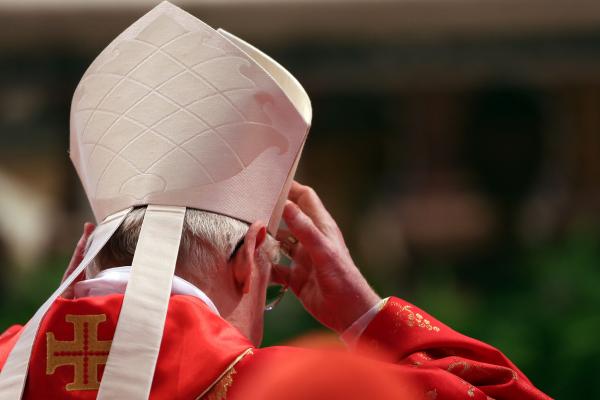As the College of Cardinals begins its conclave today in Rome to select the next Pope, I find myself intensely interested in the outcome. Since I am an Anabaptist, a child of the “radical” Reformation, I’ve spent some time reflecting on why that is so.
First, the Roman Catholic Church is an unbroken link to the first century Roman church for all Christians, no matter our denomination. Before the so-called “Great Schism” between the eastern and western church in 1054, the Christian church led from Rome was THE primary Christian church. No matter if we are Eastern or Western Christians, no matter how Protestant or Anabaptist some of us are, the Church of Rome is still in some way our Mother church.
Second, it remains the largest Christian tradition in the world.
Read the Full Article

